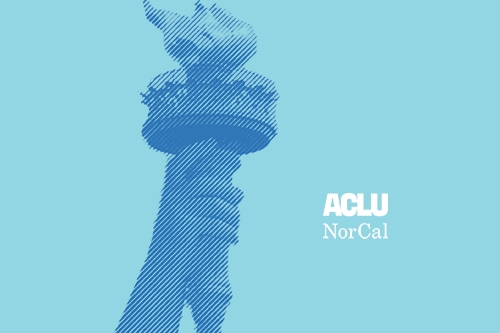Article Media

San Francisco - The ACLU of Northern California and the law firm of Covington & Burling LLP today filed a lawsuit challenging the constitutionality of a state statute that gives unlimited discretion over executions to the California Department of Corrections.
“This law gives unelected bureaucrats too much power and it shields legislators from accountability on the death penalty process,” said Linda Lye, Senior Staff Attorney at the ACLU-NC Foundation. “This case is about one fundamental issue: accountability.”
Under California Penal Code §3604, the California Department of Corrections and Rehabilitation (CDCR) has been given unbridled discretion to develop an execution protocol. This runs counter to the notion of separation of powers which gives different branches of government different responsibilities, or powers. The Legislature cannot avoid fulfilling its duties, and the Executive branch cannot usurp legislative power. With this separation, no one branch can become too powerful.
“The people of California, through their elected leaders, must have a say in and take responsibility for how this irreversible punishment is carried out,” added Mitch Kamin, a partner with Covington & Burling. “Whether or not you agree with the death penalty, there is no doubt that it is irreversible. It cannot be exempt from careful scrutiny in an open forum -- the Legislature.”
“When unelected officials get to make all the decisions about how to handle executions,” said Lye, “we can expect that they will prioritize their own needs above the needs that the people through their elected leaders would prioritize – for example, the needs of the public, the press, the witnesses, and the death row inmate. It is typical of human nature and state government to take the path of least resistance. And we’ve seen the result. Each time CDCR has issued a protocol, the courts have rejected it.”
The complaint details a number of controversial choices corrections official made in designing California’s execution process including choices related to the reliability and transparency of the execution process.
California’s death penalty has been in effect since 1978. A total of 13 executions have been carried out at an estimated cost of $5 billion to state taxpayers. The last time the state executed an inmate on death row was in 2006. Since then, the state’s death penalty process has been mired in litigation and public controversy. The CDCR has been trying to issue an appropriate, reliable protocol for the past ten years.
“Botched executions in Oklahoma, Ohio, and Missouri have left witnesses, officials and the public appalled,” added Covington & Burling Partner Donald Brown. “Those sickening events underscore why it is so dangerous for unelected administrators to unilaterally develop execution protocols.”
In its complaint, the ACLU asks the court to assign responsibility over the fundamentals of the death penalty process back to elected officials instead of unelected bureaucrats at the CDCR.
California has voted on the death penalty three times in the past four years, and all elections resulted in razor-thin margins. While 4.3 million ballots remain to be counted, it appears that Proposition 66 garnered barely 50% of the vote.
“Our electorate is deeply divided on whether California needs or can even afford to prop up its deeply flawed death penalty,” said Lye. “An issue of such heated controversy cannot be delegated to a single group of bureaucrats and activists. Legislators are elected and being accountable is their job.”
Learn more
